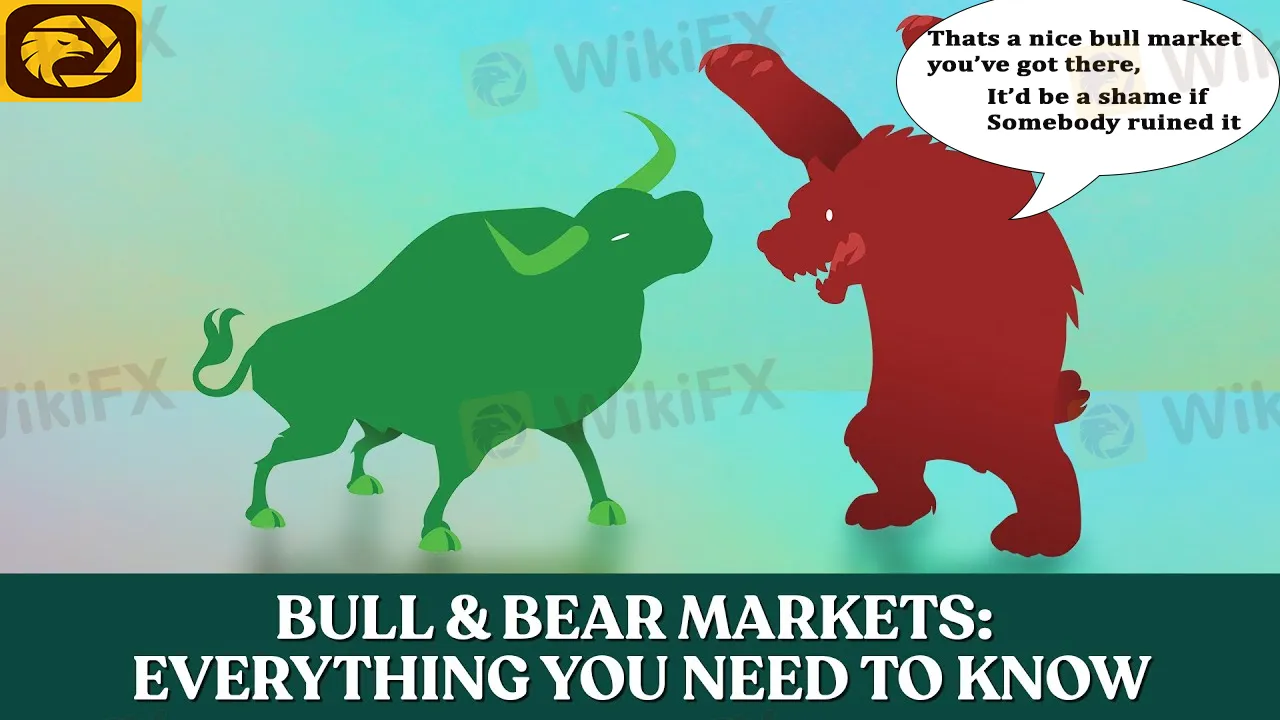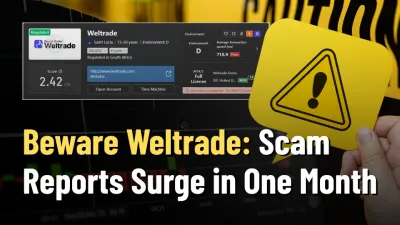
In the investing world, the terms “bull” and “bear” are frequently used to refer to market conditions. These terms describe how stock markets are doing in general—that is, whether they are appreciating or depreciating in value. And as an investor, the direction of the market is a major force that has a huge impact on your portfolio. So, it's important to understand how each of these market conditions may impact your investments.

Bull Market vs. Bear Market

A bull market is a market that is on the rise and where the conditions of the economy are generally favorable. A bear market exists in an economy that is receding and where most stocks are declining in value. Because the financial markets are greatly influenced by investors' attitudes, these terms also denote how investors feel about the market and the ensuing economic trends.
A bull market is typified by a sustained increase in prices. In the case of equity markets, a bull market denotes a rise in the prices of companies' shares. In such times, investors often have faith that the uptrend will continue over the long term. In this scenario, the country's economy is typically strong and employment levels are high.
By contrast, a bear market is one that is in decline. A market is usually not considered a true “bear” market unless it has fallen 20% or more from recent highs. In a bear market, share prices are continuously dropping. This results in a downward trend that investors believe will continue; this belief, in turn, perpetuates the downward spiral. During a bear market, the economy slows down and unemployment rises as companies begin laying off workers.

Characteristics of Bull and Bear Markets
Although a bull market or a bear market condition is marked by the direction of stock prices, there are some accompanying characteristics that investors should be aware of.
Supply and Demand for Securities
In a bull market, there is strong demand and weak supply for securities. In other words, many investors wish to buy securities but few are willing to sell them. As a result, share prices will rise as investors compete to obtain available equity.
In a bear market, the opposite is true: more people are looking to sell than buy. The demand is significantly lower than supply and, as a result, share prices drop.
Investor Psychology
Because the market's behavior is impacted and determined by how individuals perceive and react to its behavior, investor psychology and sentiment affect whether the market will rise or fall. Stock market performance and investor psychology are mutually dependent. In a bull market, investors willingly participate in the hope of obtaining a profit.
During a bear market, market sentiment is negative; investors begin to move their money out of equities and into fixed-income securities as they wait for a positive move in the stock market. In sum, the decline in stock market prices shakes investor confidence. This causes investors to keep their money out of the market, which, in turn, causes a general price decline as outflow increases.
Change in Economic Activity
Because the businesses whose stocks are trading on the exchanges are participants in the greater economy, the stock market and the economy are strongly linked.
A bear market is associated with a weak economy. Most businesses are unable to record huge profits because consumers are not spending nearly enough. This decline in profits directly affects the way the market values stocks.
In a bull market, the reverse occurs. People have more money to spend and are willing to spend it. This drives and strengthens the economy.
Gauging Market Changes
The key determinant of whether the market is bull or bear is not just the market's knee-jerk reaction to a particular event, but how it's performing over the long term. Small movements only represent a short-term trend or a market correction. Whether or not there is going to be a bull market or a bear market can only be determined over a longer time period.
However, not all long movements in the market can be characterized as bull or bear. Sometimes a market may go through a period of stagnation as it tries to find direction. In this case, a series of upward and downward movements would actually cancel-out gains and losses resulting in a flat market trend.
What to Do in Each Market
In a bull market, the ideal thing for an investor to do is to take advantage of rising prices by buying stocks early in the trend (if possible) and then selling them when they have reached their peak.
During the bull market, any losses should be minor and temporary; an investor can typically actively and confidently invest in more equity with a higher probability of making a return.
In a bear market, however, the chance of losses is greater because prices are continually losing value and the end is often not in sight. Even if you do decide to invest with the hope of an upturn, you are likely to take a loss before any turnaround occurs. Thus, most of the profitability can be found in short selling or safer investments, such as fixed-income securities.
An investor may also turn to defensive stocks, whose performance is only minimally impacted by changing trends in the market. Therefore, defensive stocks are stable in both economic gloom and boom cycles. These are industries such as utilities, which are often owned by the government. They are necessities that people buy regardless of economic conditions.
In addition, investors may benefit from taking a short position in a bear market and profiting from falling prices. There are several ways to achieve this including short selling, buying inverse exchange-traded funds (ETFs), or buying put options.
The Bottom Line
Both bear and bull markets will have a large influence on your investments, so it's a good idea to take some time to determine what the market is doing when making an investment decision. Remember that over the long term, the stock market has always posted a positive return.













